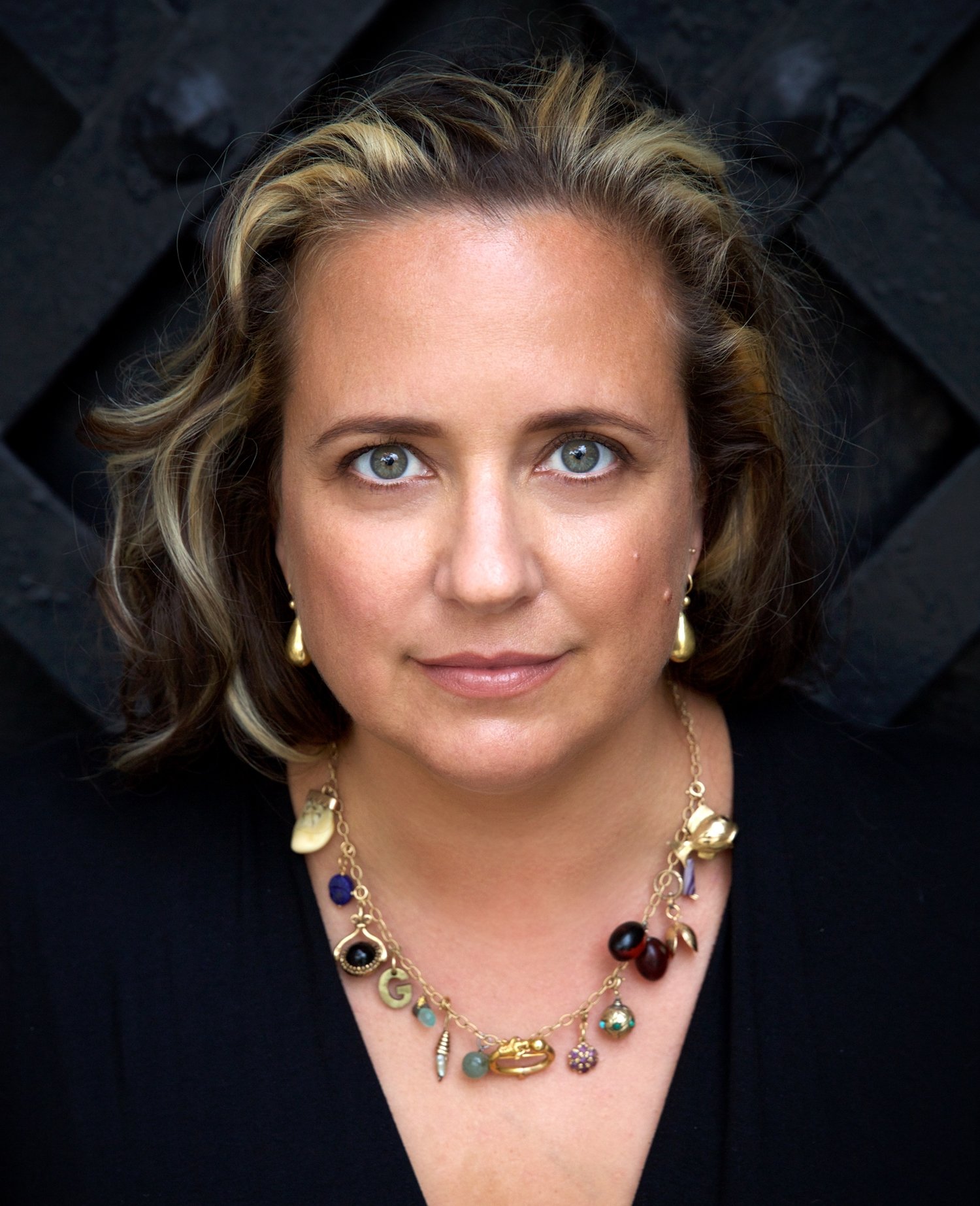
The Queens Museum has released a scathing report criticizing the conduct of former director Laura Raicovich, who left the museum in January, and former deputy director David Strauss.
The report claims Raicovich and Strauss “exercised poor judgment,” “knowingly misled” the board, and “failed to comport themselves with the standards consistent with their positions.” Dated February 13, a summary of the report, provided to artnet News by the museum, says the study took place over three months and included more than 20 interviews and a review of more than 6,000 emails, among other research.
Raicovich, who resigned last month over what she described as political differences with some board members, firmly dismisses the version of events presented in the report.
“I did not mislead the board,” she told artnet News on Wednesday.
The investigation, conducted by New York law firm Katten Muchin Rosenman, is centered around two core allegations. It claims that Raicovich and Strauss improperly opposed hosting an event celebrating the founding of Israel and that Raicovich failed to disclose her involvement with a “politically divisive” book that includes essays supporting the boycott of Israel.
The trouble started after the Permanent Mission of Israel to the United Nations asked to rent space at the museum for a celebration of the 1947 UN vote that led to Israel’s founding. According to Raicovich, Strauss at first agreed to grant the access, but after a review of the event request, the museum declined to host it. Israel’s ambassador to the United Nations Danny Danon said Israel had been unfairly “singled out.”
The museum ultimately reinstated the event, which took place in November 2017. But the report alleges that Raicovich and Strauss “knowingly misled” the board by informing members that the museum’s written policy was not to rent space for political events.
“Mr. Strauss added this prohibition to the museum’s website and standard rental contracts only after the request for the event was already under consideration by the Board,” the report says. “Ms. Raicovich was aware of these facts but failed to contradict or correct Mr. Strauss’s misrepresentations to the Board.”
Raicovich dismisses the allegation that she claimed there was a written policy, saying instead that there was, for years, a de facto policy. “We had been approached about holding events for Hillary Clinton and for Donald Trump, and we said no to both,” she said.
Raicovich tells artnet News that she was concerned about demands on staff time and the provision of security for the event. But the report accuses Raicovich and Strauss of misrepresenting the New York Police Department’s security assessment. According to the report, the two informed the board that a weeklong closure would be necessary to host the delegation, when in fact the NYPD had cited that only as a “worst-case possibility.” Raicovich “again failed to contradict or correct Mr. Strauss’s statements to the Board,” the report claims.
Raicovich denies this as well, telling artnet News that Strauss made the same claims to her as he did to the board.
“And don’t forget that while the board certainly consulted me on this, the board made the decision,” Raicovich said. “They voted on the event. I did not have any vote in making that decision.”
The report also accuses Raicovich of failing to inform the board of her involvement in the book Assuming Boycott, which it claims includes essays that are “strongly supportive” of the Boycott, Divestment, and Sanctions (BDS) Movement, which calls for a boycott of Israel.
Published by OR Books, Assuming Boycott addresses the ways that artists are enmeshed in economic, political, and social debates. It features essays on the BDS Movement as well as on artists who take stands against oppressive governments in areas ranging from South Africa to Cuba to the Persian Gulf.
“I never hid my involvement in [the book],” Raicovich said. “I started working on the series of public events that led to the book six months before taking on my position at the museum.” Considering that she promoted the events on Facebook, where members of the museum board could easily see, her participation was hardly secret: “There was no tiptoeing around it.”
The report also notes that Raicovich used $4,000 in museum funds to pay Kareem Estefan, one of the book’s editors. Raicovich says the money came out of discretionary funds that museum directors typically have at their disposal, and that when some board members expressed their disapproval, she reimbursed the institution.
Finally, the report points out that Raicovich allowed the museum to serve as a fiscal sponsor for a Kickstarter to support an art residency program in the West Bank, organized by artist Emily Jacir, without alerting the board. It says that “proper controls for the solicitation or use” of the funds raised were not in place. Raicovich disagrees, saying that the Kickstarter page lays out the use of the funds and that serving as a fiscal sponsor is a simple and routine matter.
Raicovich contests all the essential allegations presented in the museum’s report, down to a claim that the board offered her and Strauss the opportunity to resign. No such offer was made, she says. She resigned on her own initiative.